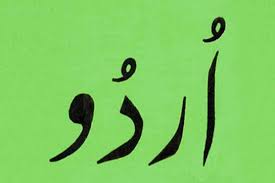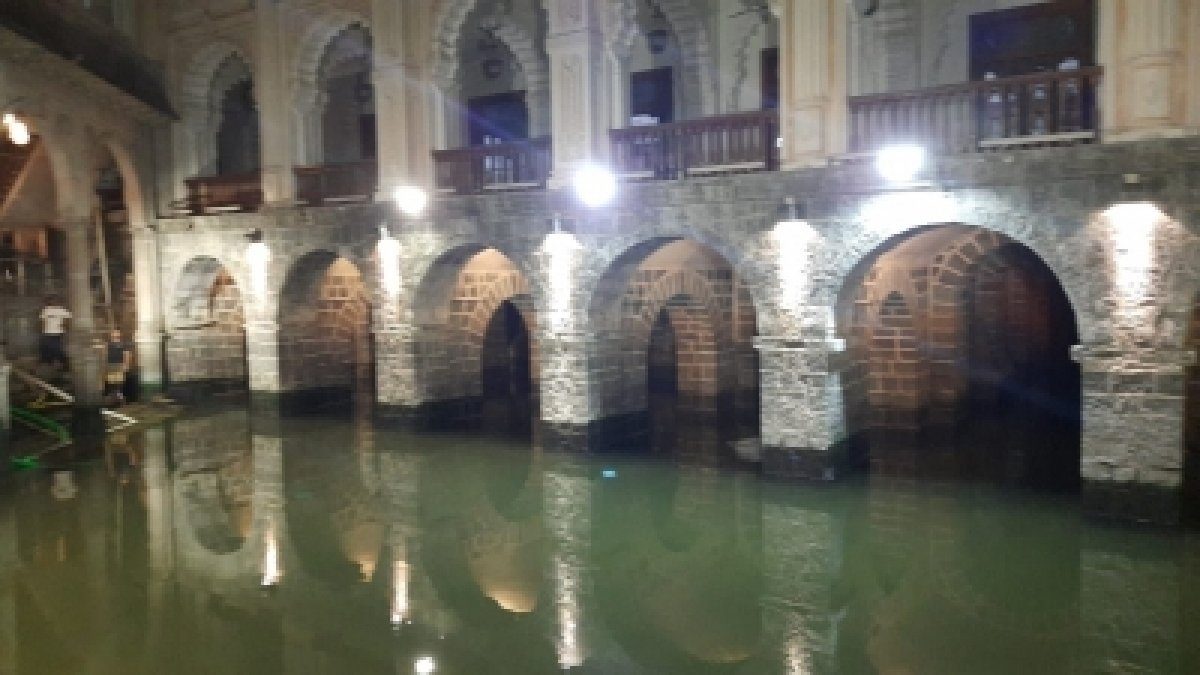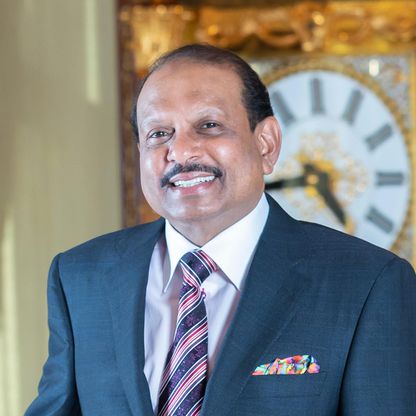Will Urdu survive the next 25 years?
By Sami Qahar
Sampooran Singh Kalra, popularly known as Gulzar and one of the most iconic figures in Indian poetry and film music, loves Urdu. To the extent that in one of his most famous songs Chhaiyya Chhaiyya, he praises the beloved with the iconic line “Ho Jis Ki Zubaan Urdu Ki Tarah”.
He is not the only one to do so. The legendary dialogues and songs in Indian films would not be what they are today without Urdu. India still holds the Jashn-e-Rekhta event to commemorate Urdu every year. I wonder how many people reading this article know what rekhta means. For those who don’t, it is another name for Urdu.
I probably come from the last generation to have grown up with Urdu literature occupying a large part of my life. We, the eighties kids, had Ibn-e-Safi and Ishtiaq Ahmed to read and we graduated to Ashfaq Ahmed, Manto, Shafiq-ur-Rehman and Mustansar Hussain Tarar as we grew up. Our poetry was not a random guy turning incoherent sentences into words and calling it poetry. There was no Larro Mujhay or ‘Aisay Jeenay Mein’ because it was incorrect Urdu. Lyrics and poetry were ruled by Radeef, Qaafiya, Zameen and Beher. As I type these lines, I have a lump in my throat.
Let’s put the emotions and nostalgia aside and come to the problem at hand. Last month, Aurora’s website published an article called ‘Why is Urdu Difficult For Us’, which opened unhealed wounds. That piece was written by young creative manager and was more of an admission of guilt – and I felt his pain and conundrum.
The decline, if not demise of Urdu, particularly in advertising, can be attributed to several factors.
The Rise of WhatsApp and Roman Script
In 2004 when I started my career in advertising, the first language of communication for brands was Urdu. The communication was written and read in Urdu. Fast forward 15 year and a glance at the billboards on the streets and digital ads online, quickly show that Urdu is not written in Urdu script anymore. It’s all Roman, with everyone using their own spelling version to communicate. What is wrong with it, you may ask? It is a modern adaptation of a language and in keeping with trends. There is nothing wrong with it, except that it will kill the Urdu language sooner than later. Script, called Rasm-ul-Khat (رسمُ الخط ) is the basic difference between a ‘zabaan’ (language) and a ‘boli’ (lingo). A zabaan has its own rasm-ul-khat (script) and without a script a language cannot exist. What we have in advertising now, is Urdu spoken and written in English.
The biggest reason for this shift is the rise of apps, such as WhatsApp, where users type Urdu using English script and understand it the same way. It’s so common that advertisers consider it okay to only use one language. I would be fine with it if this was a global problem. It is not. In Turkey, ads are written in Turkish. In China the script is Mandarin. Greece, Spain, France… you name it. Go to the Middle East and see how many ads have Arabic written in English script. They all advertise in their own script. In Pakistan, you will see less than five percent digital ads using Urdu script. Instead, you see is five different spellings of ‘Hai ہے’ from Hey, Hai, Hay, Hae etc. Today’s copywriters do not understand the difference between writing ‘Nahin نہیں’ and ‘Nahi نہی’ as the two spellings are commonly used. In Urdu, ‘Nahin’ means No, whereas ‘Nahi’ used without an extra ‘noon ghunna’ (ں) sound, means denial or rejection. This is a huge difference and only one example of the problem at hand. ‘Kya’ and ‘Kiya’ have very different meanings. Kya is ‘What’ and Kiya is ‘Did’. Now open your ads and billboards photos and see how many times the two spellings have been used to say ‘What’.
Death of the Urdu Copywriter
The second and even bigger problem is that people do not even think Urdu is important or a skill worth having. In 2004, ad agencies had an Urdu copywriter who was an expert in his field and English copywriters were junior resources and usually part of the copy teams headed by an Urdu expert. More often than not, copy was written in Urdu and translated into English. Today, ad agencies have copywriters; there are no Urdu or English copywriters – just copywriters. Pitch decks are made in English, concepts are written and thought in English and if needed, translated into Urdu using English script. How then can one expect Urdu to exist or flourish in advertising?
The most unfortunate aspect of all this is that Urdu is no more a specialty. Anyone can write in Urdu. Any English copywriter can write Urdu taglines or dialogues (if someone is smart enough to create a concept where dialogue is required). Otherwise, a visual montage with heavy Urdu words without coherent sentences can always do wonders. Urdu jingles are written by English speaking copywriters. The end result is ‘Baby shor machay ga shor se zyda, party kar ley more se zyada’ – and this unfortunately is one of the better examples – at least it rhymes.
Decline in Reading Habit
Advertisers are not to blame for everything. Unfortunately, and that is the sad reality, there is a decline in reading all over the world. Books have been replaced by screens and screen-time is divided between social media, content, games and music. Reading is at the bottom of the pecking order. Forget anyone else, I used to be a one-book-a-week guy and now I am a one-book-every-six-months guy. If screens are going to replace books, Urdu will suffer way more than English because Urdu reading is limited to Pakistan.
Ranting aside, do I have a solution? I don’t want to be a pessimist, but the truth is advertisers will not switch to Urdu. Their rationale will be that Urdu is not the first language of the majority anymore; at least in terms of reading, if not speaking. As flawed as this argument may appear, there some merit for this rationale, particularly among the younger generation. The only way any of this can change is if the entire advertising industry decides to switch to Urdu as the first medium of communication. Not Urdu written in English script, but Urdu the language. They will have to bring back Urdu copywriters and give jingles to poets not English medium graduates. I am not being condescending towards a part of the fraternity, it is unfair to expect from them something that they have not studied or experienced.
None of this is going to happen. There is a strong possibility that 25 years from now, there will only be a handful of people who will know how to write Urdu. It will be a sad time to live in, but it’s okay. We will survive. We have survived Corona, haven’t we?
Sami Qahar is a marketer turned film producer. sami.qahar@gmail.com




